Imaginings
stories, creative nonfiction, poetry, and other imaginative accounts of the natural world
-
European Infrastructures and Transnational Protest Movements
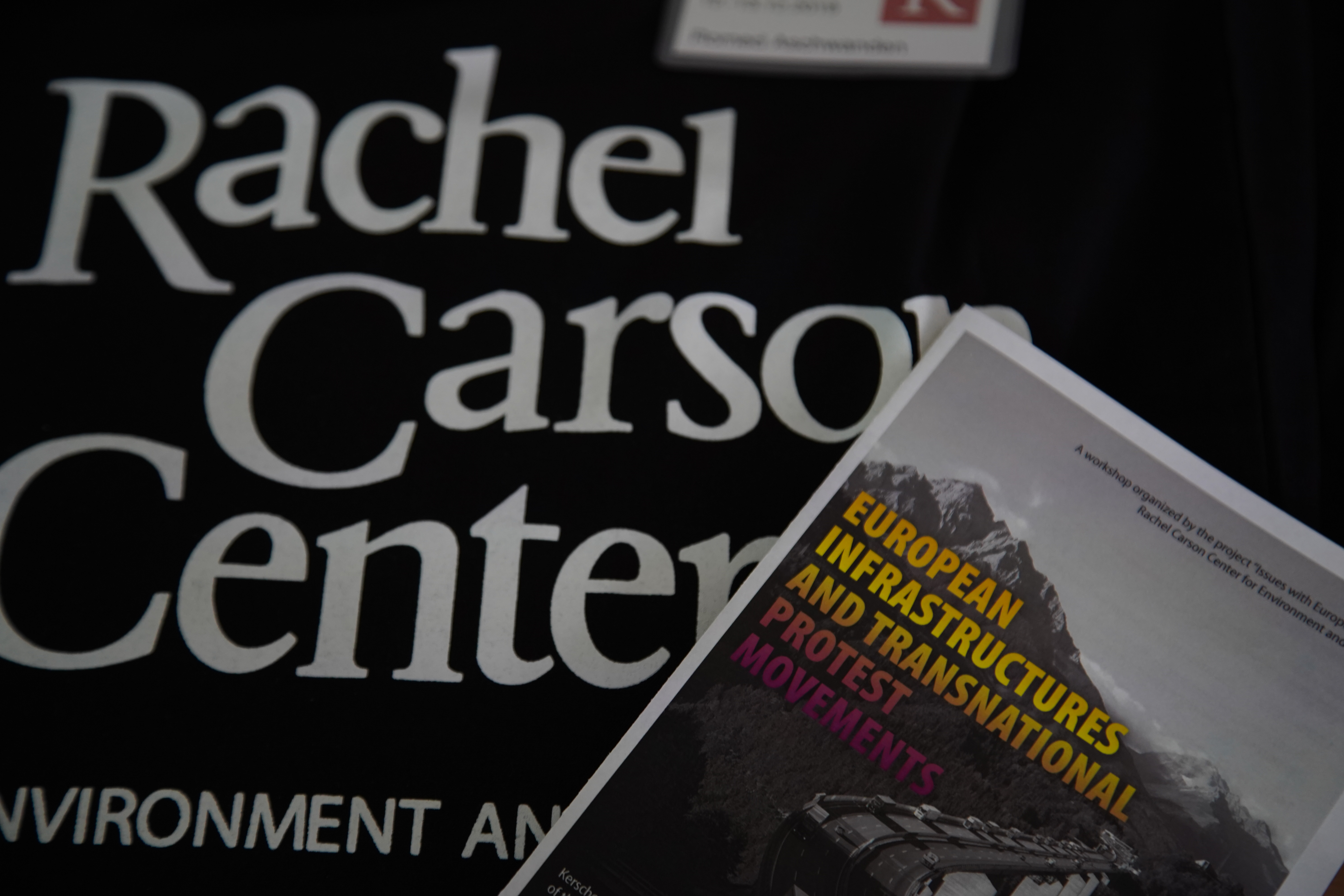
Workshop Report (12–13 December 2019, Kerschensteiner Kolleg of the Deutsches Museum, Munich) This workshop was organized by RCC’s doctoral candidate Kira J. Schmidt and codirector Helmuth Trischler at the Kerschensteiner Kolleg of the Deutsches Museum as part of the project “Issues with Europe: A Network analysis of the German-speaking Alpine Conservation Movement (1975-2005).” This project, jointly
-
2020 Visions for Environmental History: Making Environmental History as Global as Possible

This is the fourth post in a series on “2020 Visions for Environmental History” being published jointly by NiCHE’s blog The Otter ~ La loutre and Rachel Carson Center’s blog Seeing the Woods, with posts by Lisa Mighetto, Alan MacEachern, Arielle Helmick, and Claudia Leal. The series developed alongside a session of the same name at the World Congress for Environmental History in late July.
-
Histories of Women and Energy
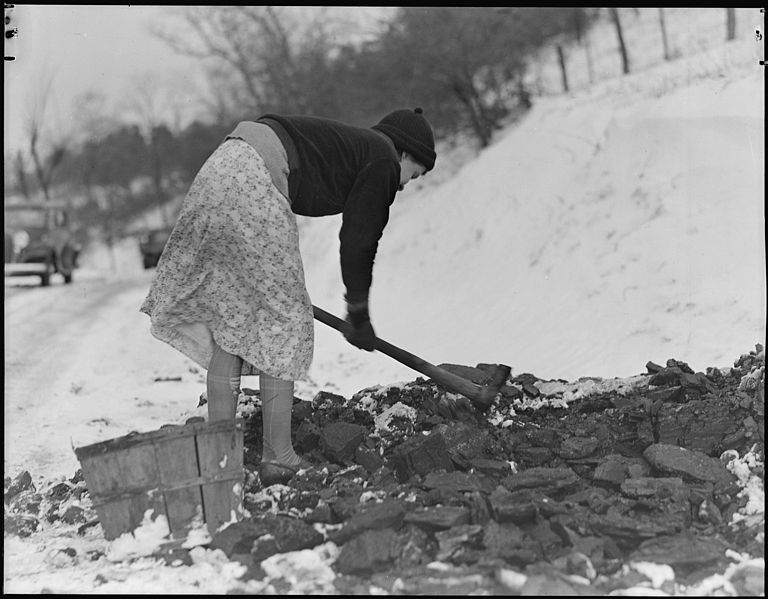
Workshop Report (23–25 April 2019, Rachel Carson Center, Munich) By Ruth Sandwell and Abigail Harrison Moore Why Women and Energy? As people around the world slowly take in the connections between the energy-related practices of their daily lives and the planetary threat posed by fossil-fuel-induced climate change, historians are becoming increasingly aware of energy as
-
Making Tracks: Politicizing Water Inequalities

By Marcela López Since I was a child, I have had the opportunity to travel around Colombia with my family and friends and explore a wide variety of ecosystems ranging from tropical rainforests to deserts, savannas, and páramos. By traveling through these remote landscapes, I became fascinated not only by nature’s “pristine” character, but also…
-
Migrations, Crossings, Unintended Destinations: Ecological Transfers across the Indian Ocean, 1850–1920
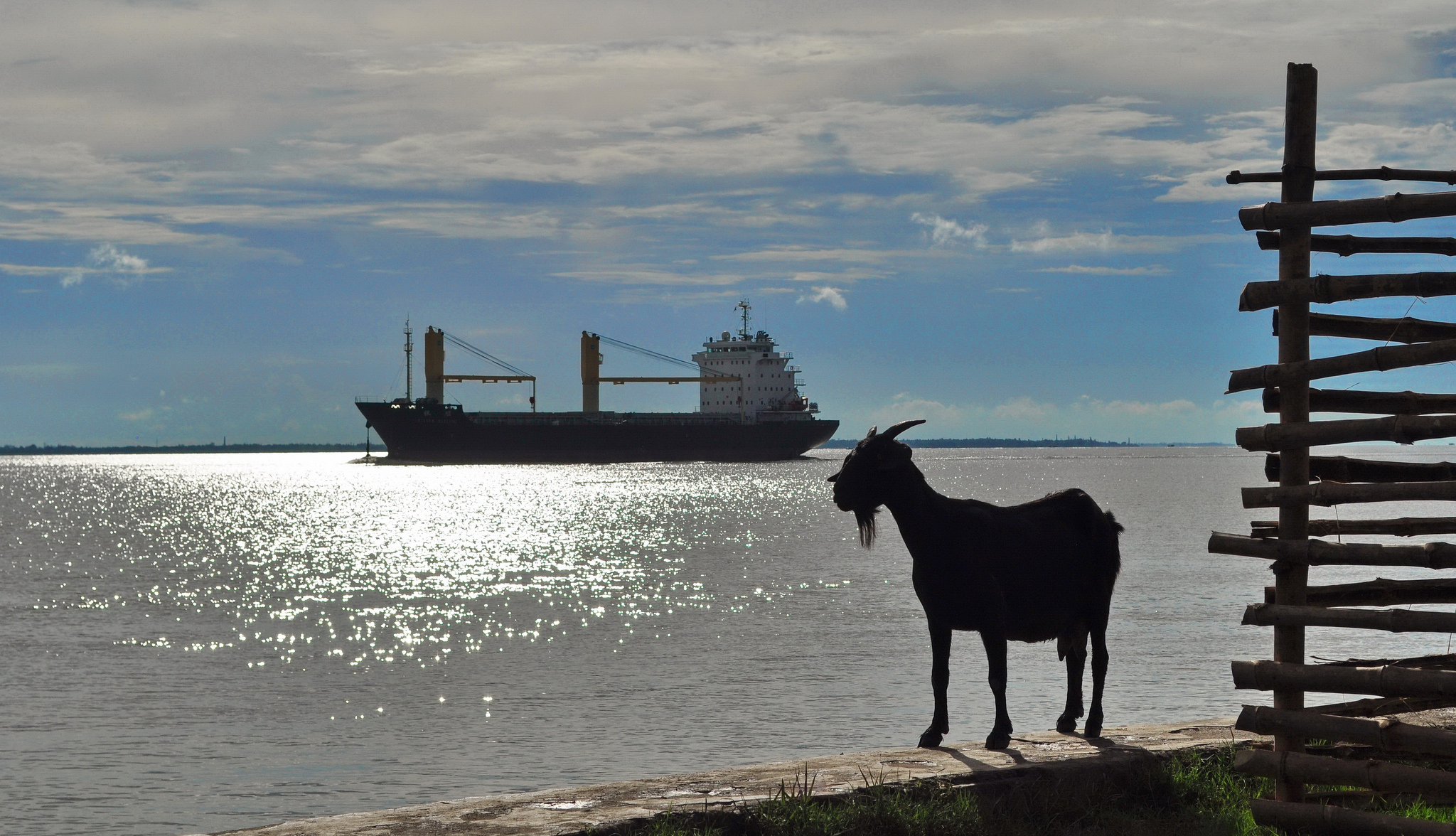
Conference Report (11–12 October 2018, Rachel Carson Center for Environment and Society, Munich, Germany) By Ulrike Kirchberger (*Featured Image: “If someday…” by Abhijit Kar Gupta, CC-BY 2.0 via flickr. ) In the age of empire, thousands of species of plants and animals were transferred between Australia, Asia, and Africa. European settlers transported cattle, horses, and
-
CfP: The Nature of Health, the Health of Nature: Perspectives from History and the Humanities
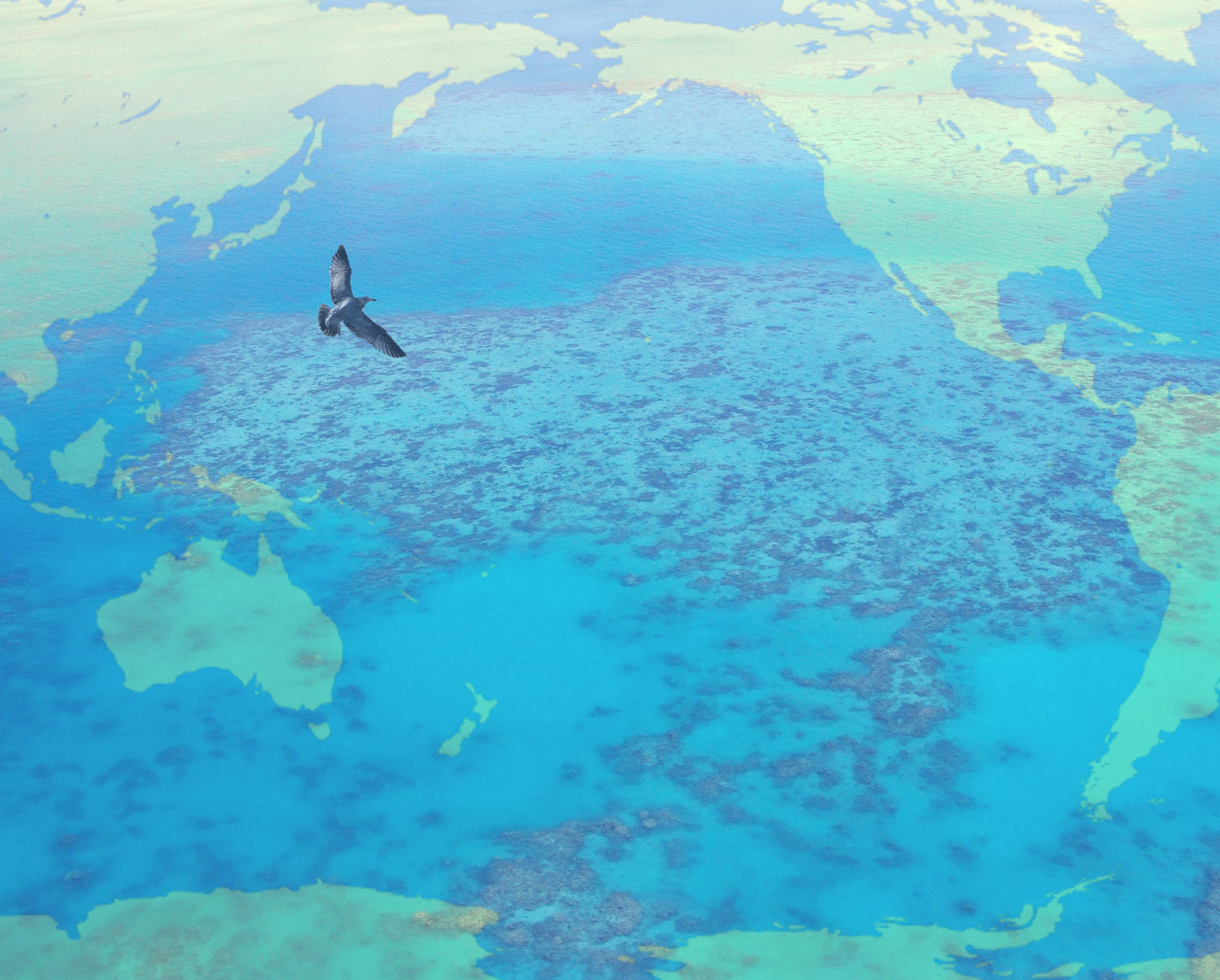
Conference – Renmin University of China, Beijing, China, 30.05.2019–01.06.2018 Location: Renmin University of China, Beijing, China Sponsors: Center for Ecological History, Renmin University of China, and the Rachel Carson Center for Environment and Society Since Rachel Carson’s path-breaking book Silent Spring (1962), many experts and citizens have been trying to understand how the health of nature and of human beings
-
Fixing a Nation’s Plumbing II: What We Choose to Ignore
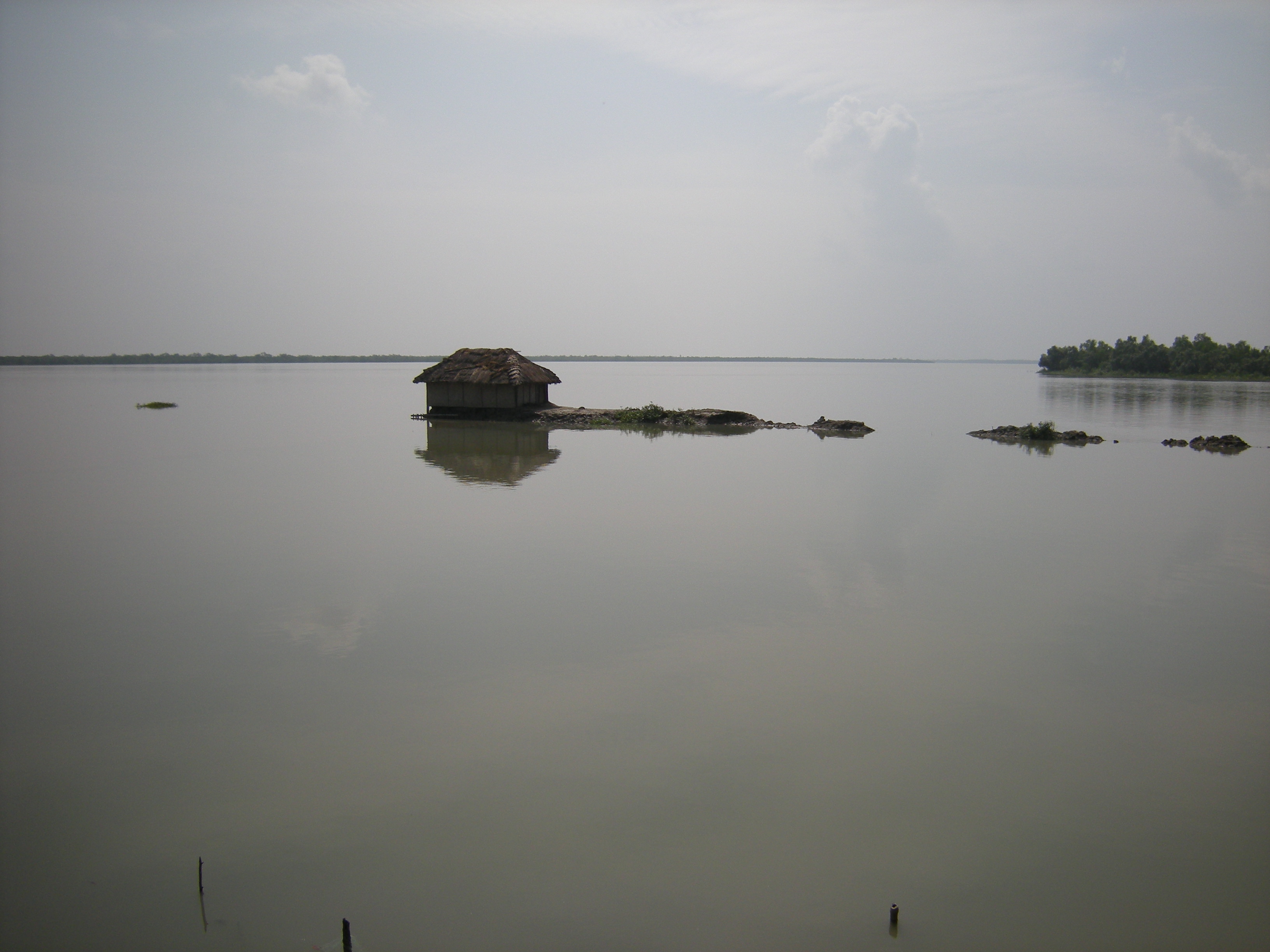
by Vikas Lakhani This is the second post about India’s National River Linking Project. Read the first part here. As has been clear in the previous post, I see several fundamental objections to the NRLP. First and foremost, environmentalists have rightly raised serious concerns about the ecological consequences of this grand scheme. They argue that
-
Fixing a Nation’s Plumbing I: India’s National River Linking Project

by Vikas Lakhani In 1946, British colonialists launched a grand scheme to cultivate groundnuts in the uninhabitable parts of Tanganyika, a former colony that corresponds to the mainland part of today’s United Republic of Tanzania. Under the leadership of the agronomist John Wakefield, the scheme—named the “Wakefield mission”—was driven by the desperation to overcome the
-
Call for Papers: Migrations, Crossings, Unintended Destinations: Ecological Transfers across the Indian Ocean 1850–1920
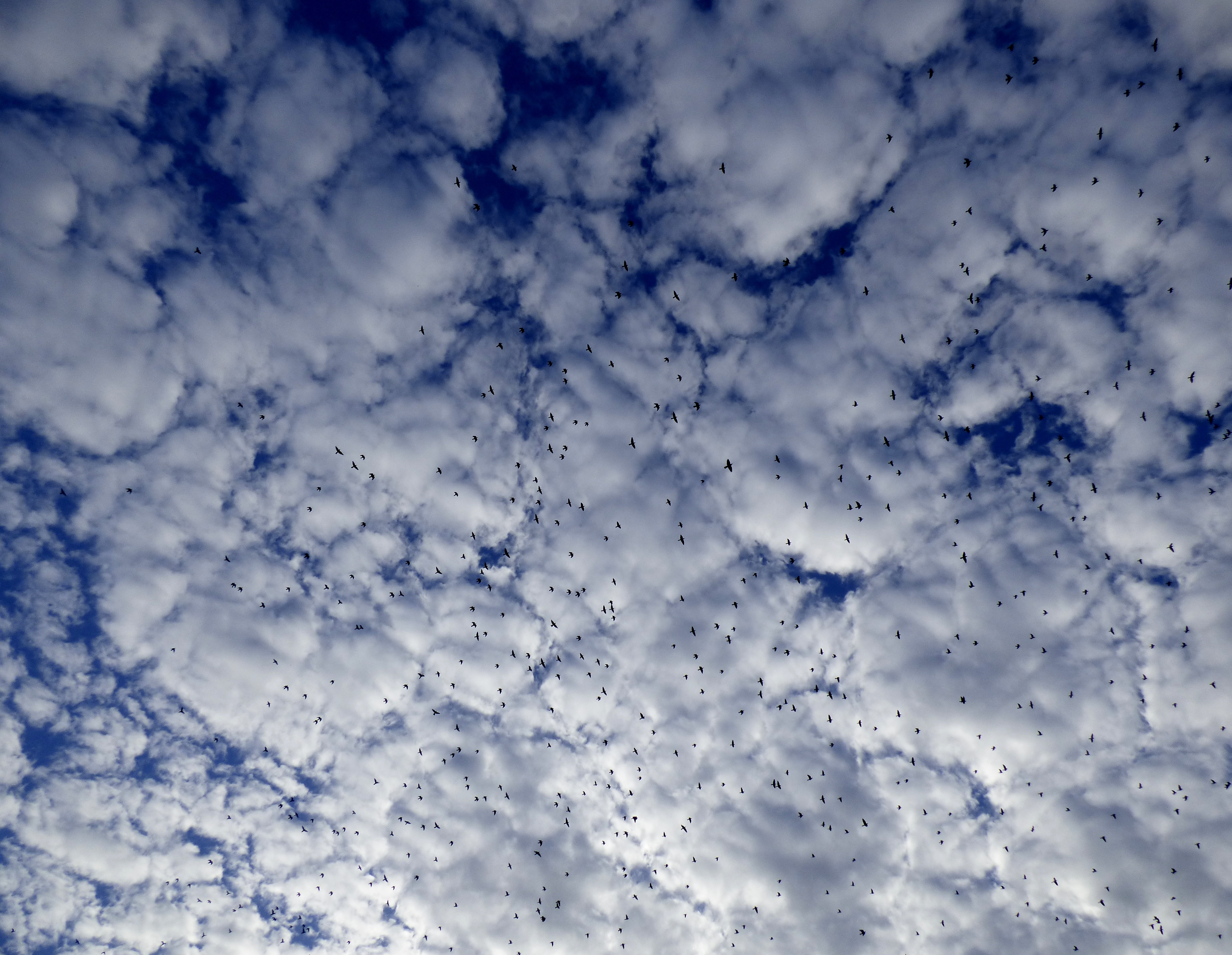
Workshop 10 October – 12 October 2018 Location: Rachel Carson Center for Environment and Society, Munich, Germany Conveners: Ulrike Kirchberger (Kassel University), Christof Mauch (RCC) In the age of high imperialism, thousands of species of plants and animals were transferred between Australia, Asia, and Africa. Some of them were exchanged deliberately for economic, scientific, or aesthetic reasons.